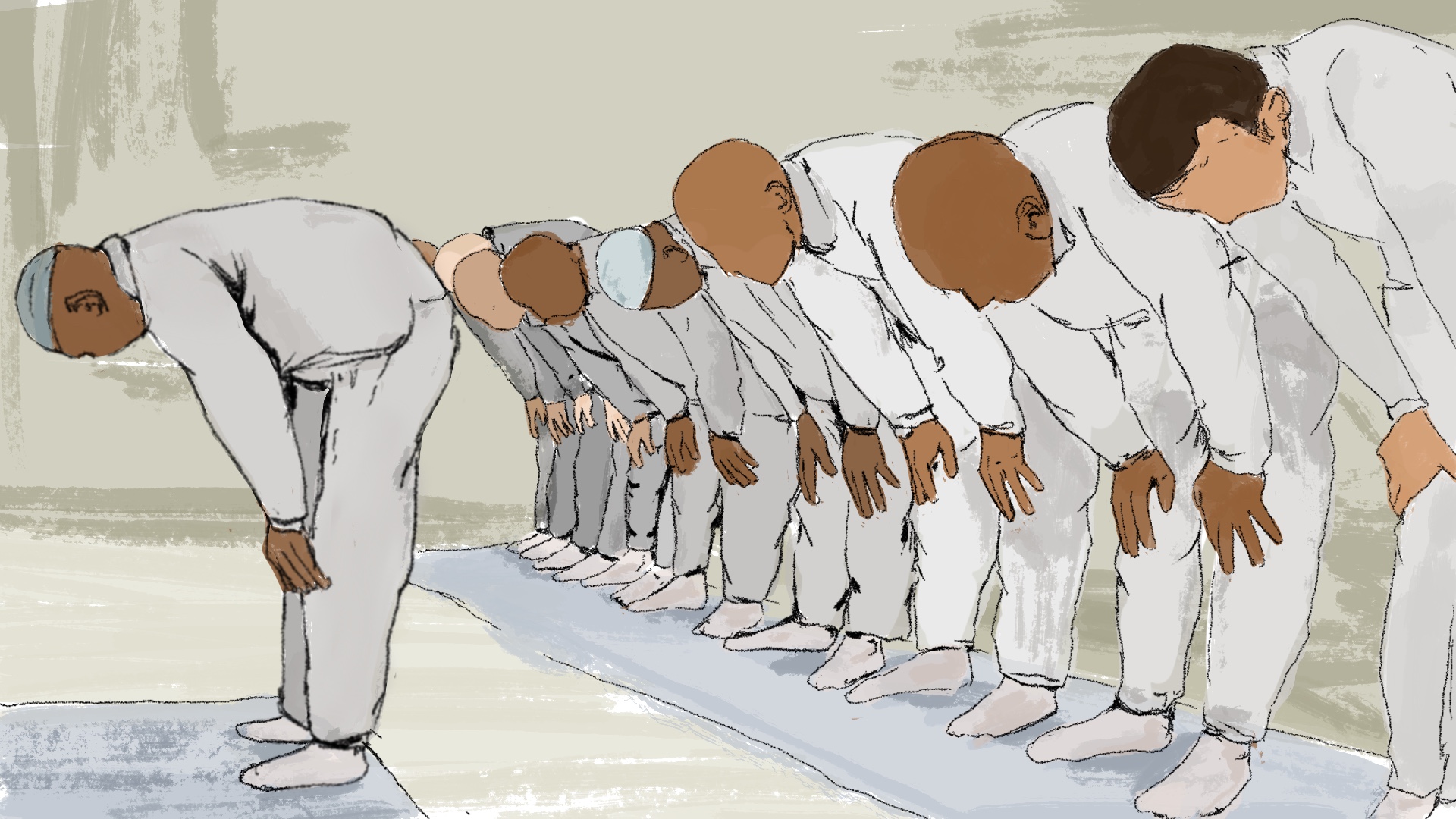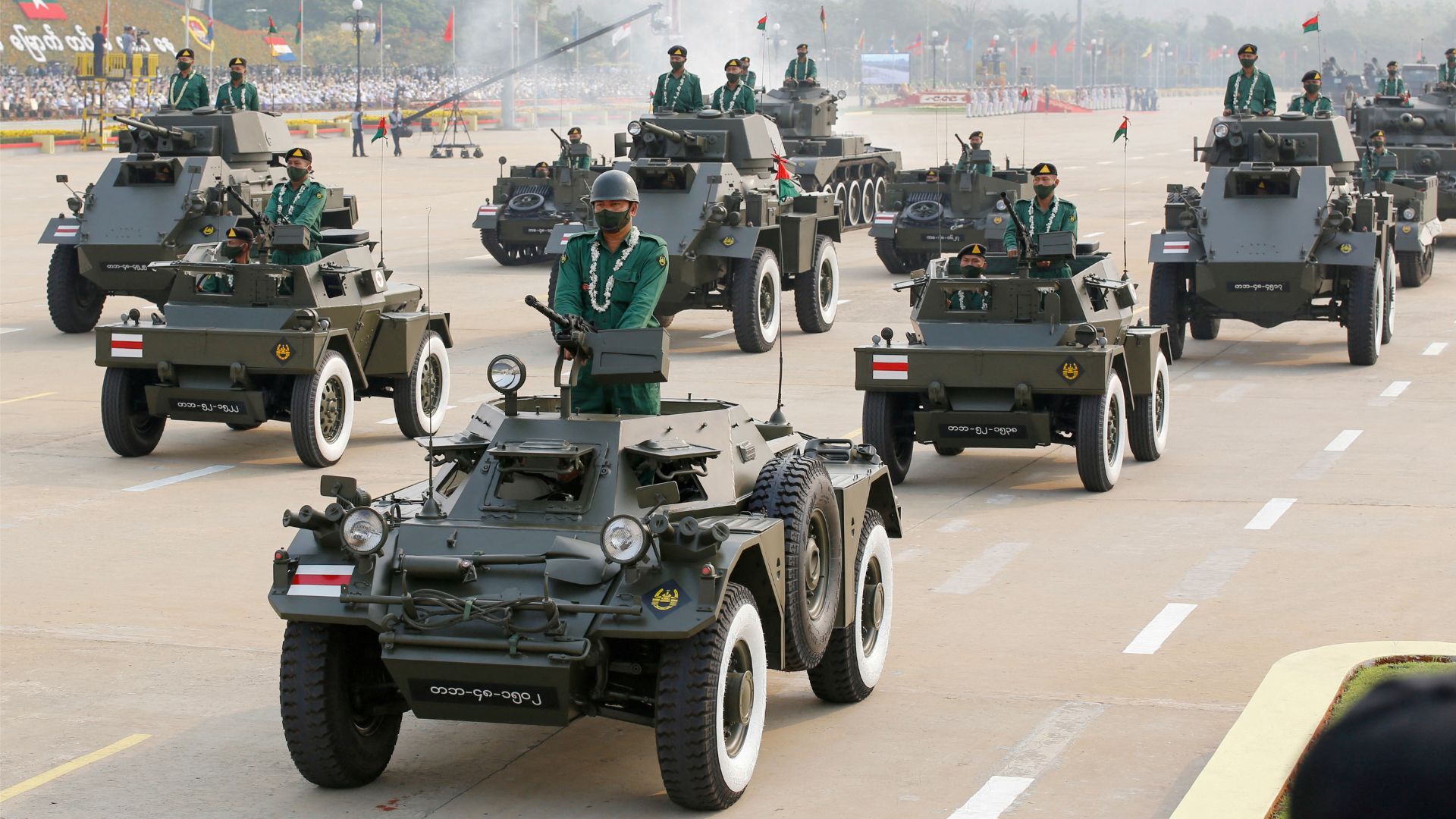Will India-Pakistan rivalry hurt Russia-China led SCO grouping? | Politics News
Islamabad, Pakistan – The invitations have all gone out. But when Pakistan hosts the Shanghai Cooperation Organisation (SCO) summit next month, there’s one guest above all others whose presence or absence will be most felt: Indian Prime Minister Narendra Modi.
On August 29, Pakistan’s Ministry of Foreign Affairs confirmed that Islamabad would host heads of government from the SCO on October 15-16, in what would mark the biggest gathering of top world leaders in the country since a conclave of developing nations in 2012.
The following day, India’s Ministry of External Affairs acknowledged receiving the invitation from Pakistan. It has not indicated whether Modi would attend, but most analysts remain sceptical about the possibility of the Indian leader, who recently secured his third term as prime minister, travelling to Pakistan amid consistently high tensions between the neighbours.
Yet there is more at stake than India-Pakistan relations: the rivalry between the South Asian neighbours has effectively crippled other multilateral organisations like the South Asian Association for Regional Cooperation (SAARC), a regional grouping whose leaders have not met in a decade. Could it now hurt the SCO, a body founded and led by China and Russia that is key to presidents Xi Jinping and Vladimir Putin as they project their global ambitions?
Yes and no, say analysts. “[The SAARC] precedent raises concerns for the SCO, where the same tensions could potentially disrupt the organisation,” said Taimur Khan, a research associate at the Institute of Strategic Studies Islamabad (ISSI). “However, the SCO’s stronger foundation, led by global powers like China and Russia, offers a different dynamic.”
That dynamic would be on test during the October summit.
Will Modi attend?
The SCO is a political and security bloc founded in 2001 and includes Russia, China, India, Pakistan, Kazakhstan, Kyrgyzstan, Tajikistan, Uzbekistan, and Iran, the most recent entrant.
Last year, India was the host of various SCO-related events. Bilawal Bhutto Zardari became the first Pakistani foreign minister to travel to India in more than 12 years for a meeting. But a spat between India’s External Affairs Minister S Jaishankar and Bhutto Zardari over the Kashmir issue and “terrorism” dominated media headlines around the conclave.
When India hosted the leaders’ summit in July 2023, Pakistani Prime Minister Shehbaz Sharif made an online appearance.
A year later, the roles have reversed. But analysts say the chances of Modi visiting Pakistan for the first time since a brief stop in Lahore in December 2014 remain slim.
“It seems difficult with the current state of the relationship unless there are some positive developments between now and the summit,” Sharat Sabharwal, a former Indian high commissioner to Pakistan, told Al Jazeera.
Similarly, Maleeha Lodhi, Pakistan’s former ambassador to the United States, expressed scepticism about Modi’s potential visit to Islamabad.
“I very much doubt Prime Minister Modi will come for the SCO summit. The kind of negative signals coming from [New] Delhi do not suggest he will attend,” she said.
“Bone of contention”
The primary point of contention between the two nuclear-armed neighbours remains the picturesque Kashmir valley, a disputed region in the Himalayas.
The two nations have fought multiple wars over Kashmir, and since 1989, an armed rebellion has persisted in Indian-administered Kashmir, which India claims is sponsored by Pakistan — an allegation Islamabad denies.
In August 2019, Modi’s Hindu nationalist government revoked Article 370 of the Indian Constitution, which had granted Kashmir partial autonomy, a move that Pakistan has vehemently protested.
Last week, during an event in New Delhi, Jaishankar declared that the “era of uninterrupted dialogue” with Pakistan was over.
“Actions have consequences, and as far as Jammu and Kashmir is concerned, Article 370 is done [away with]. The issue now is what kind of relationship we can contemplate with Pakistan. We are not passive; whether events take a positive or negative direction, we will react,” Jaishankar said.
To Sabhrawal, Jaishankar’s statement was a reaffirmation of the Modi government’s policy of no dialogue in the face of what it calls “Pakistan-sponsored terror”.
“However, he left the door slightly open by saying India would react to Pakistan’s actions — whether positive or negative,” he said. “If Pakistan continues to make its [Article 370’s] reversal a precondition for bilateral engagement, nothing will move forward.”
SCO: A multilateral platform amid tensions
Though today uncertainty lingers over Modi’s participation in the upcoming SCO summit, the grouping has in the past offered a platform for the rivals to rekindle talks.
In 2015, Nawaz Sharif, Pakistan’s then prime minister, and Modi, who was in his first stint as Indian premier, met in the Russian city of Ufa on the sidelines of an SCO summit, where the two engaged in a dialogue which resulted in a joint statement issued by the two governments.
On Christmas that year, Modi made an unannounced visit to Lahore, where he was greeted by Sharif. It was the high point in the relationship over the past decade — Pakistan was to host the SAARC summit in November 2016, and Modi had accepted the invitation.
But an attack by armed fighters on an Indian military base in September 2016, in which at least 19 Indian soldiers were killed, quashed any prospects of a detente. India announced a boycott of the summit and was joined by some other members of the grouping, which led to an indefinite postponement of the meeting.
India might not announce a similar boycott of the SCO summit. But like Sabharwal and Lodhi, Christopher Clary, a non-resident fellow at the Washington, DC-based Stimson Center, said Jaishankar’s recent comments suggest it is unlikely that Modi will visit Pakistan.
“It would be surprising for External Affairs Minister Jaishankar to give a hawkish ‘actions have consequences’ soliloquy about Pakistan only to have Prime Minister Modi attend an SCO summit in Pakistan. I don’t expect it to happen,” he told Al Jazeera.
Whatever India decides, its rivalry with Pakistan is likely to shadow the summit. If Modi skips the meet, the absence of a key leader robs Putin and Xi, in particular, of a photo opportunity that would underscore an attempt to project an alternative to the West’s dominance of global bodies. But when India and Pakistan are at loggerheads, yet in the same room, their sparks can also overpower everything else — as happened during Bhutto Zardari’s visit to India in 2023.
Lodhi, who has also served as Pakistan’s envoy to the United Kingdom and the United Nations, said she does not expect the rivalry to affect the SCO’s functioning.
“I don’t think India-Pakistan tensions will affect the SCO. In any case, bilateral issues are not permitted to be raised at SCO meetings or summits,” she said.
But SAARC was not meant to debate bilateral disputes either — and that did not save it from the bitterness in India-Pakistan ties.
Will the SCO go the SAARC way?
![Indian prime minister Narendra Modi (right) meeting his Pakistani counterpart Nawaz Sharif on the sidelines of SCO summit in Russia city of Ufa in July 2015. [File photo: Handout/Prime Minister's Office India]](https://www.aljazeera.com/wp-content/uploads/2024/09/11538994_710860112378029_28122566201952975_o-1725344864.jpg?w=770&resize=770%2C512)
SAARC has not held any summit since 2014 following the cancellation of the Islamabad meeting in 2016.
This is entirely because of the India-Pakistan rivalry, said Khan of the ISSI, adding it has “effectively paralysed” SAARC and reduced it to a largely symbolic entity. The other members of SAARC are Sri Lanka, Maldives, Bangladesh, Nepal, Bhutan and Afghanistan.
“Tensions between the two largest SAARC members [India and Pakistan] have led to boycotts, postponed summits and blocked initiatives, preventing meaningful progress,” he said.
In the past, concerns have emerged from within the SCO over the potential for India-Pakistan tensions to hobble the grouping’s functioning.
Before joining the grouping in 2017, India and Pakistan “committed not to bring into the SCO family any bilateral contradictions and differences as the SCO is not dealing with settling disputable bilateral issues, whether they are related to border, water or other issues in relations between certain member states”, the SCO’s then-Secretary-General Vladimir Norov told reporters in Beijing in 2019.
Yet there is a fundamental difference between the SAARC and the SCO, said Khan.
“SCO is led by two major global powers, China and Russia, which ensures a stronger, more cohesive leadership structure. Unlike SAARC, which fell victim to the bilateral tensions between its two largest members, the dynamics within the SCO are more complex and resilient. The presence of China and Russia provides a stabilising influence that prevents any single member from derailing the organisation without consequences,” he said.
While tensions between India and Pakistan “could momentarily shift attention away” from the SCO’s agenda, both countries have largely avoided taking steps that derail the grouping’s priorities, Khan said.
“The upcoming SCO meeting is crucial as it will test whether the organisation can maintain cohesion and continue functioning effectively despite these bilateral challenges,” he said.
Check out our Latest News and Follow us at Facebook
Original Source







